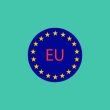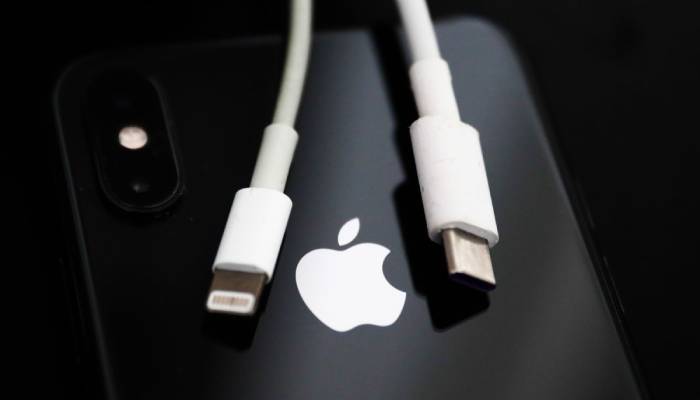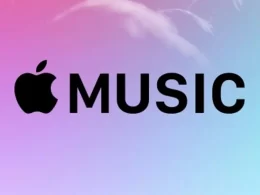The European Union recently formalized new legislation requiring most personal electronics to use USB-C for charging and data transfer. For the first time, Apple has confirmed that it will be required to comply with this new regulation, despite the fact that the company still fundamentally disagrees with the new common charger regulations’ underlying principles.
Apple executive Greg Joswiak, the company’s senior vice president of Worldwide Marketing, confirmed the news. Joanna Stern is interviewing Joswiak and fellow Apple senior vice president Craig Federighi at a Wall Street Journal event. Stern began the interview by fielding a director’s question about the USB-C vs. Lightning debate.
Joswiak explained, USB-C, and Lightning are the world’s two most popular connectors, with over one billion people using some form of Lightning cable. According to Joswiak, Apple believes it has struck a balance by using a type of cable that can be disconnected from the power brick, allowing one side to have Lightning and the other to have whichever connector is most convenient for the user, such as USB-C or USB-A.
EU legislators and Apple have “been in this little bit of a disagreement” over the idea of a common charger regulation. He noted that, despite the EU’s good intentions, it is a difficult thing to regulate. He specifically mentions how EU legislators once attempted to standardize the now-outdated micro-USB connector.
Ultimately, Joswiak confirmed that Apple will be forced to comply with the new EU common charger regulation governing USB-C. He stopped short of confirming that Apple will switch the iPhone to USB-C, but that’s the only real solution here short of a wacky workaround.
According to Bloomberg and Ming-Chi Kuo, Apple is planning to switch to USB-C with the iPhone 15, which will be released next year.












